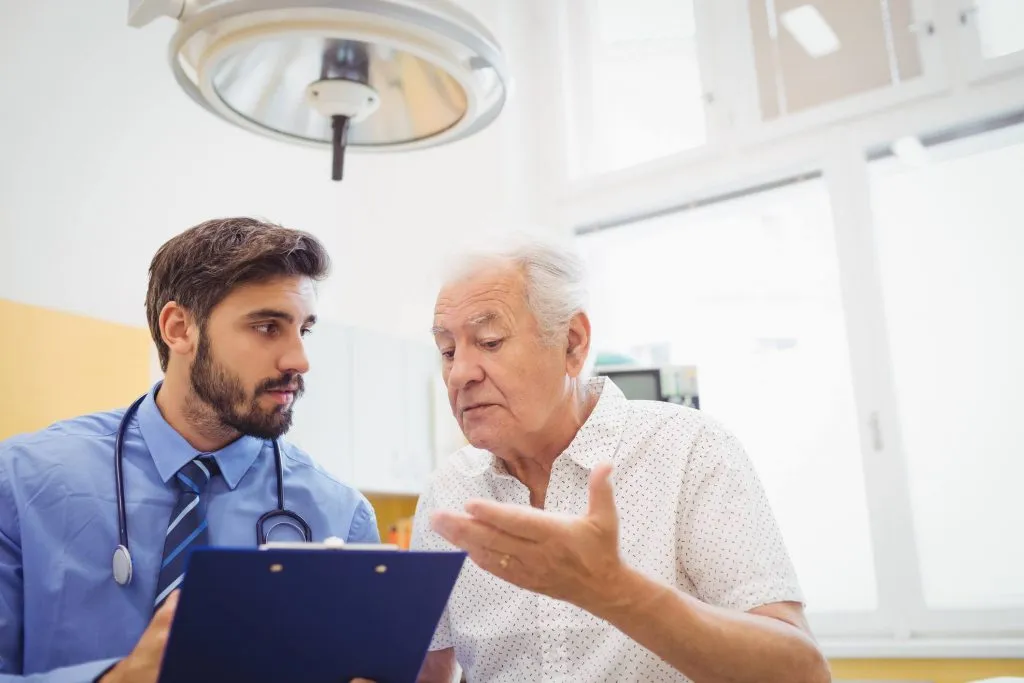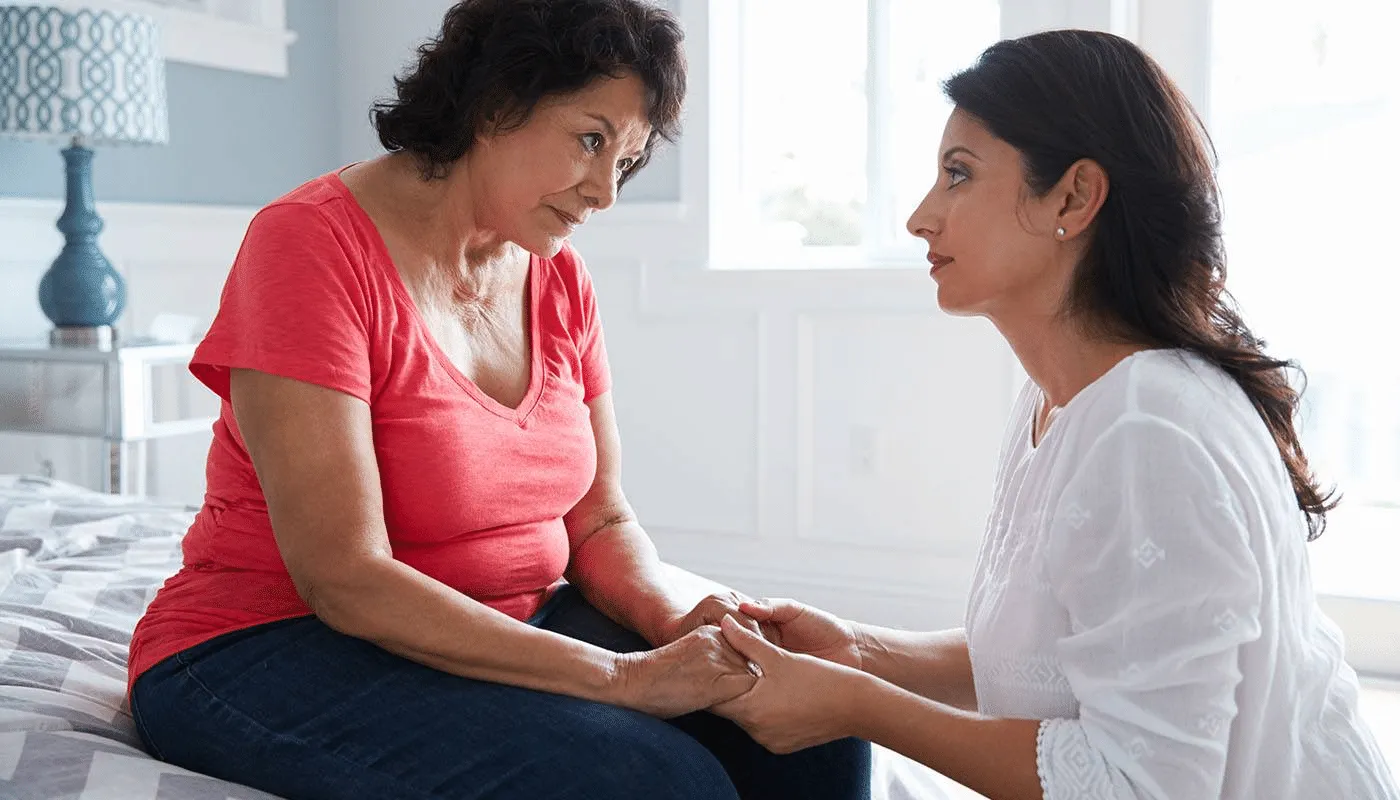It's fall prevention season, and Nurse Next Door wants to ensure that information is being shared to help aging seniors reduce the risk of falling.No one expects to be out-of-commission because of a fall, but if a fall happens, they can be quite hazardous to one's health and can have a serious impact on the quality of life due to unforeseen injuries.Read on for Part-one of Lifetime Daily's three-part series on the risks of falling and how older adults can reduce injury from falls.
The Importance of Telling Your Doctor About a Fall
About a mile into my morning run, I tripped on a crack in the sidewalk and went down hard. It was a good fall, as falls go. Despite the sore shoulder, skinned elbows and good-sized bruise on my behind, nothing broke and I counted myself lucky. But not every older adult who hits the pavement will be able to say the same.

Falling Is a Big Problem for Adults Over 65
In fact, the Centers for Disease Control (CDC) says that every year:
- One out of four Americans aged 65 and older falls
- More than 2.8 million fall-related injuries are treated in emergency departments
- Among those, 800,000 patients will be hospitalized and more than 27,000 will die
- One out of five falls causes a serious injury such as broken bones or head trauma
- More than 95% of hip fractures are caused by falls
- Falls are the most common cause of traumatic brain injuries

That makes falling the leading cause of fatal and non-fatal injury among older adults. And if you've fallen once, you're at twice the risk of falling again. It's often something simple like stumbling on stairs or tripping on a crack in the sidewalk. Many times though, the CDC reports, a combination of factors brings us down. These include:
- Lower body weakness
- A Vitamin D deficiency
- Walking and balance difficulties
- Vision problems
- Foot pain or poor footwear
- Home hazards like broken floor boards, uneven steps, and a lack of handrails
In addition, alcohol, recreational drugs, certain medications and many health conditions can cause people to feel woozy. Diabetes, Lyme disease, pneumonia, hormonal disorders, cardiac and respiratory disease, and many other medical conditions list dizziness and weakness as common symptoms. Then, of course, there are the wild card factors like the cat that darts underfoot or black ice on a driveway."Many people think that falling is inevitable as we get older, but it isn't," says Elizabeth Eckstrom, MD, associate professor and director of geriatrics at Oregon Health & Science University in Portland, OR. "Falls are often due to multiple factors, such as lack of exercise, too many medications, poor vision and other things that could be improved."

Why You Should Tell Your Doctor About a Fall
Falling once may be no big deal (sidewalk cracks happen), but if you fall twice or more in a six-month period, you need to have that checked, even if you aren't seriously injured. Ask your doctor to do a fall risk assessment that includes a complete review of your health and medical conditions, medications, gait (which is your style of walking), balance, vision, overall strength, foot health, neurological health and more.As Dr. Eckstrom says: "One out of four community-dwelling people over 65 fall each year, but many don't tell their doctors about it. Doctors can help older adults reduce their risk of falling, so be sure you let your doctor know if you've fallen, or if you have a fear of falling."Many patients who've fallen worry they'll be fast-tracked to losing their independence. Others worry about medical costs for both the fall and the conditions that may have caused it. And some are just plain embarrassed because they think falling is such an "old" thing to do. Yet there's a lot doctors can do to help patients prevent and recover from falls.Joseph Brence, a physical therapist, educator and researcher from Pittsburgh, PA, says: "About one in four people over the age of 65 and almost half of people over the age of 80 will fall at least once this year. That stated, a physical therapist or physician can identify and treat key risk factors, which will ultimately reduce your chances of falling."Based on your risk factors, your physician might recommend:
- Getting your vision checked
- An updated eye glass prescription
- An exercise or physical therapy program to help you improve your strength and balance
- Occupational therapy to help you identify safer ways to get around
- Safety adjustments to make your home a fall-free zone
They may also recommend other fall prevention tips such as:
- Getting rid of throw rugs, laundry piles and unnecessary clutter on the floor
- Putting a non-slip mat, handrail or safety bar and bench in your shower
- Adding handrails to stairways
- Wearing reliable shoes
- Using a cane or walker if needed
There's no way to guarantee you'll never fall, but with a few preventive techniques, you don't have to become a statistic. And if a fall does happen, you'll be better equipped to stand back up again and walk away with your health intact.
Originally posted on Lifetimedaily.com

























